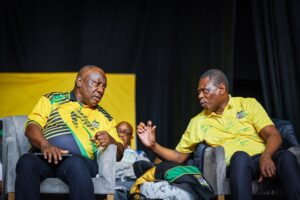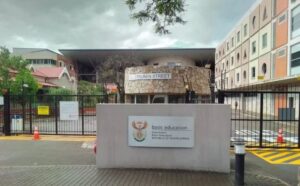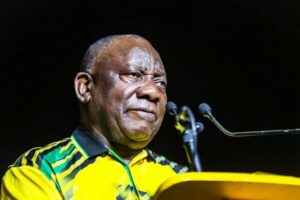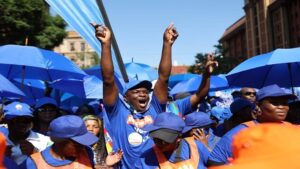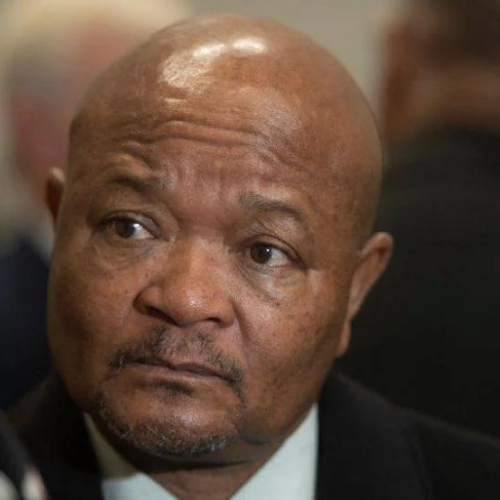
The new police minister, Senzo Mchunu, stated on Tuesday that his priority is to combat organized crime and drug cartels. He plans to achieve this by strengthening the police’s crime intelligence and detective services. “Targeting these criminal networks will disrupt the supply chains and operations that fuel violence and instability,” Mchunu said in his first budget vote speech in parliament.
The detective services budget would be R71.3 billion, while the crime intelligence budget would be R15.1 billion over the medium term. According to Mchunu, enhancing intelligence gathering, establishing task forces, and working with other law enforcement agencies will help the South African Police Service effectively combat organized crime. Prioritizing these efforts can significantly reduce drug-related incidents and protect vulnerable populations.
In the debate about his speech, Members of Parliament questioned whether the figures and the stated focus would result in a meaningful impact, especially on visible policing, which Mchunu identified as another priority. He mentioned that visible policing would receive R189 billion, which is 52% of the police budget, over three years. This would enable the police to recruit 10,000 trainees in the current financial year.
“It is essential to expand strategically to meet the increasing needs of our communities and effectively fight crime nationwide,” stated Nqabayomzi Kwankwa, a member of the United Democratic Movement. Despite significant increases in police funding in recent years, the budgets for detective services and crime intelligence have only increased by 2% and 3% in real terms, respectively.
“What we are not getting is a sense then of how that is going to impact your ability to discharge your mandate and to make sure that police is actually not under-resourced as it is currently.” Kwankwa said more investment in crime intelligence was needed because the police were still mainly responding to crime, rather than preventing it.
“When we react to crime, we are not solving or addressing the problem. The fact that crime intelligence services receive less than 5% of the budget is a problem that needs to be looked at. As a result, communities live in fear of criminals. Kwankwa pointed out that police are unevenly distributed between wealthy and poorer areas, allowing crime to spiral unchecked in hotspots.”
“Visible policing is a problem. You will see a lot of police here in the CBD area, but once you go to the townships, you are lucky to see one police officer on site, even in areas that you would consider to be hotspot areas for crime. And that is something we have to change.”
Kwankwa referred to his experience of being kidnapped in Khayelitsha, in Cape Town, last month, noting that he had been abducted by gunmen in front of bystanders on a busy street. “Everything happened in full view of the public — in the middle of the road,” he said.
“Even when I was taken to this place where I was supposed to be killed, the same thing happened. People were passing behind me, and I counted five different footsteps of people who were told not to pay attention, to mind their own business.”
MP Makashule Gana from Rise Mzansi expressed similar concerns. He mentioned that a large amount of money, approximately R2 billion according to the police’s annual performance plan, was spent on VIP protection while the police claimed they were unable to address reported crimes in poor communities. Gana questioned why the budget for the protection of politicians never seemed to decrease and suggested that newly elected officials should consider whether such a large number of bodyguards is necessary.
“You are scared of something but South Africans, when they call the police, they are told that there are no vehicles, but ministers, deputy ministers, have got vehicles. You are actually saying that politicians are more equal than ordinary South Africans.”


